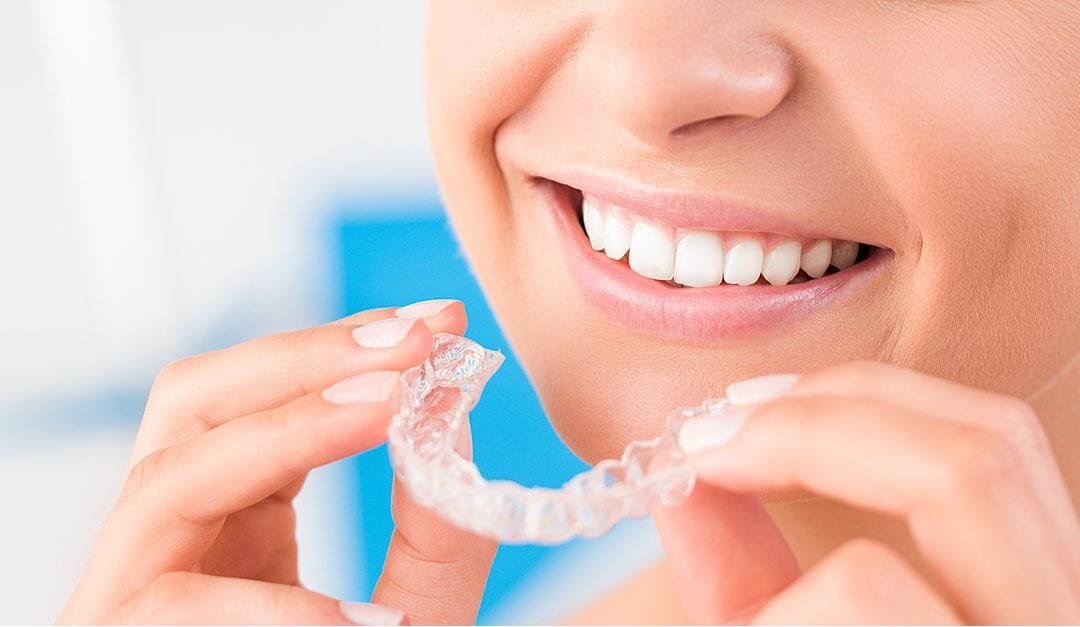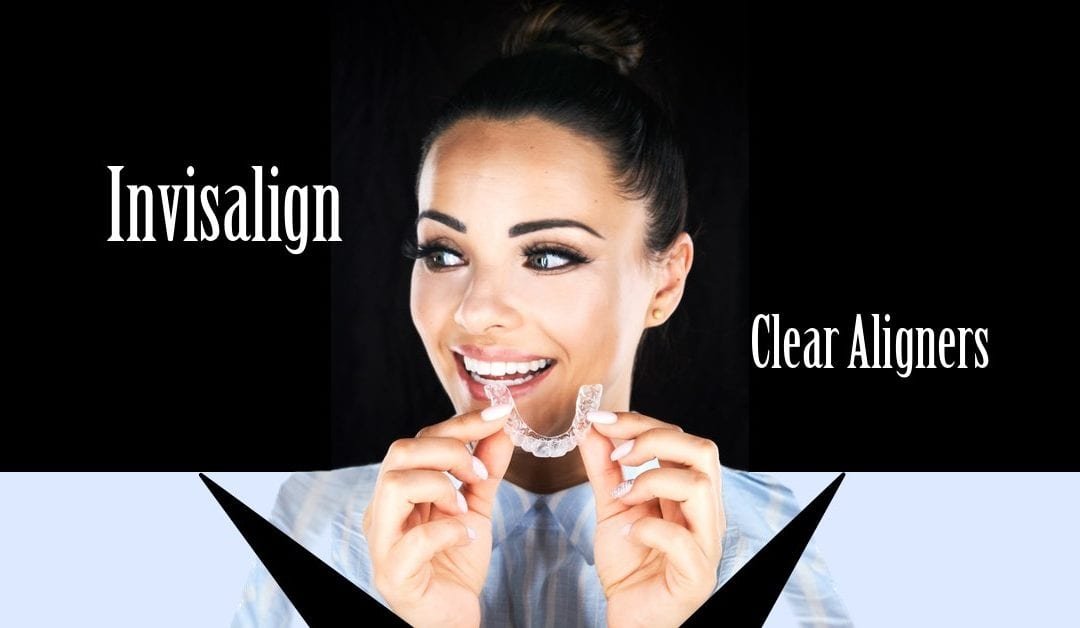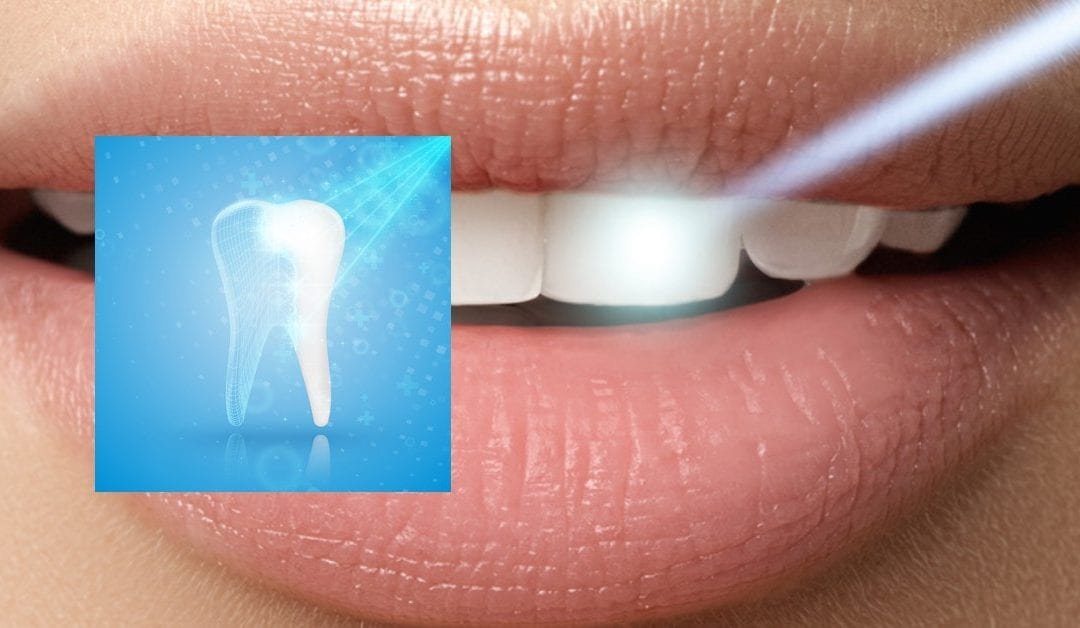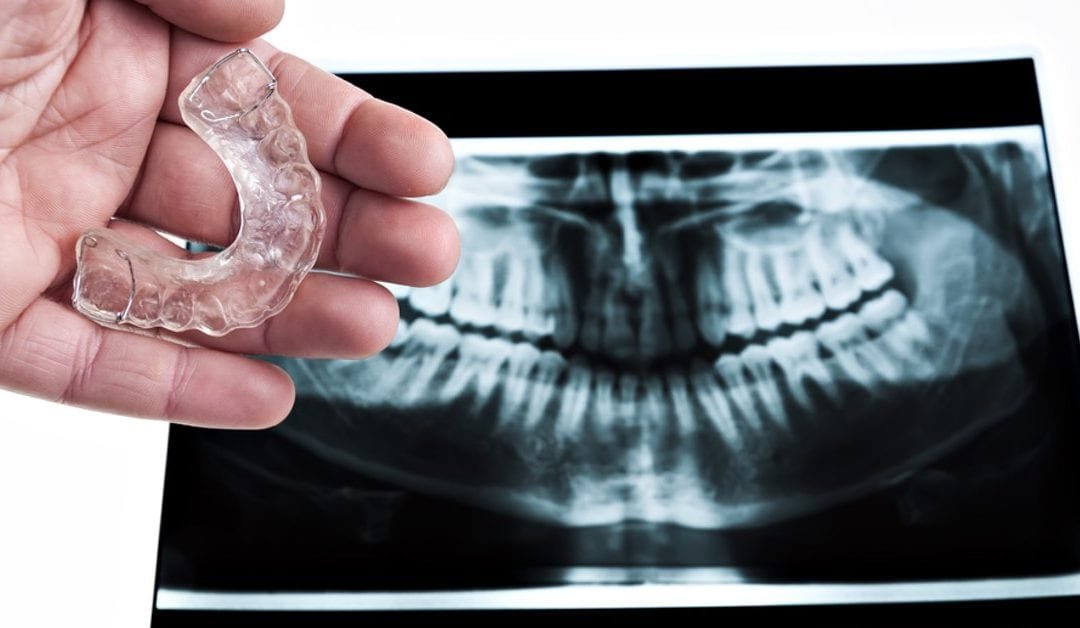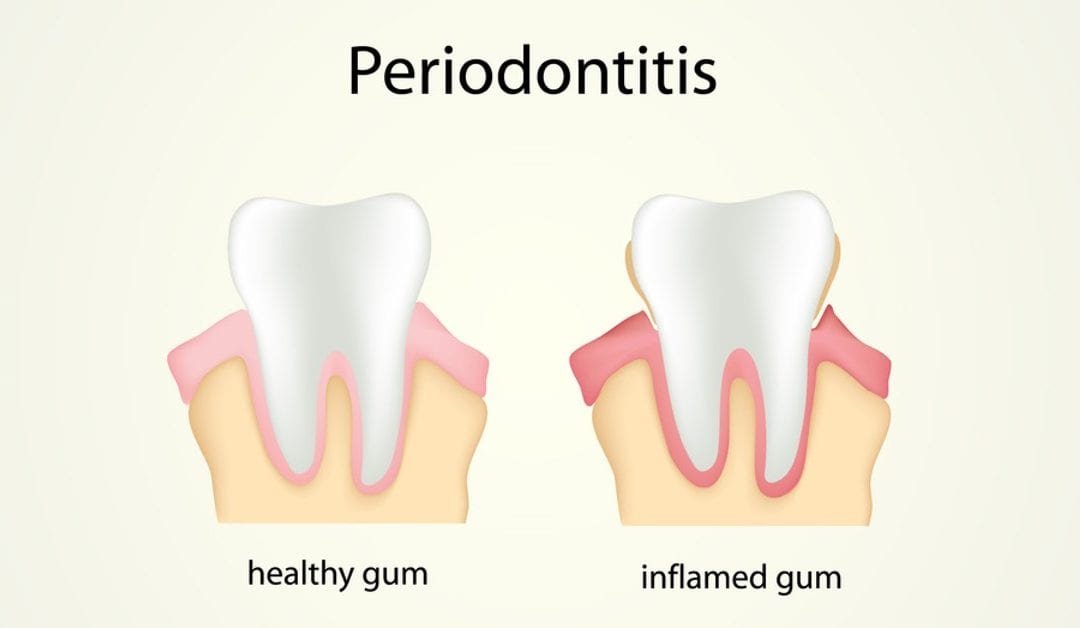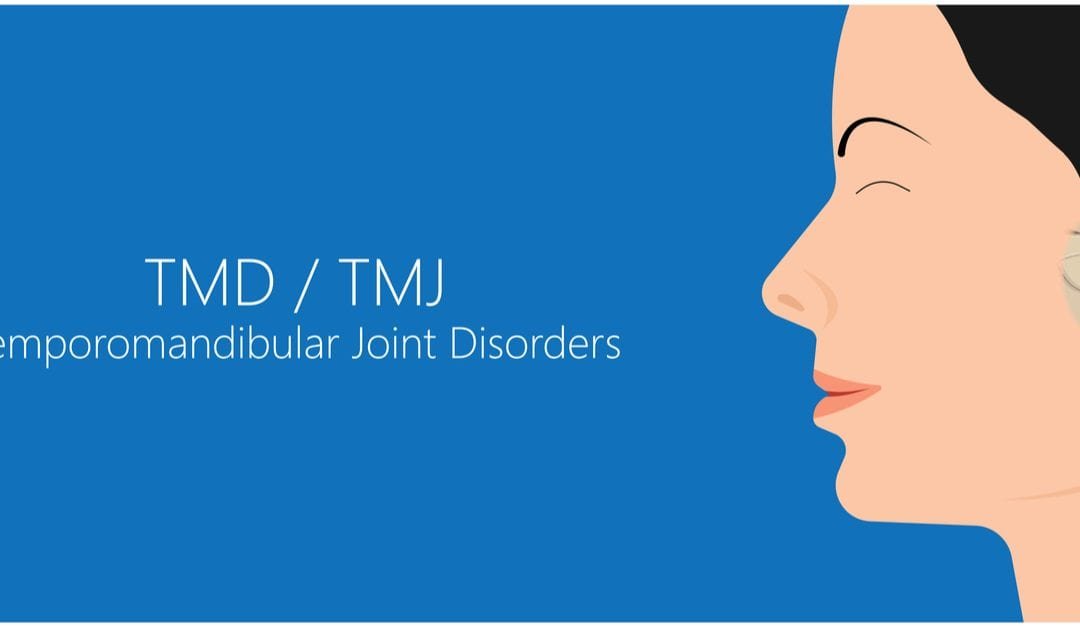

Smile Brighter at a Lower Cost with Dental Bonding
Bonding is a cosmetic dentistry procedure that helps disguise minor imperfections in your teeth. The types of issues most appropriate for dental bonding are chips, cracks, stains, and misshapen teeth. When you visit your dentist, he or she will let you know if this procedure is right for your situation. Some clear advantages of dental bonding are that it is more conservative and costs less than other cosmetic dentistry procedures.
The Dental Bonding Procedure
Before placing the white bonding agent on your teeth, your dentist will make sure that it matches the shade of the rest of your teeth as closely as possible. He or she then roughens the surface of the tooth or teeth to receive bonding and applies a conditioning liquid. This ensures that the bonding material will adhere to your teeth. Next, your dentist applies tooth-colored resin to the treated area. He or she then molds and shapes the resin so the treated tooth matches the appearance of your other teeth.
Once your dentist has prepared the tooth and placed the conditioning liquid and resin, he or she uses a curing light to force the materials to harden. This process takes around two minutes. The entire process of dental bonding normally takes between 30 and 60 minutes. Your dentist may need to trim away excess material and shape the tooth a little bit more after curing, but this is painless and doesn’t take long at all. You do not need anesthetic for this procedure.
How Long does Tooth Bonding last?
Although bonding is a quick and inexpensive cosmetic fix, it is not as durable as other types of restorations. That means it can wear away or break easier and need to be replaced sooner. Before you leave your appointment, your dentist will instruct you on how to care for your newly bonded teeth so the cosmetic enhancement lasts for years. There is no exact science as to the exact number of years. A properly cared for dental bonded tooth can last up to 10 years with the average being 4 to 8 years. You should contact your dental office right away if your dental bonding needs repair. It typically only takes a single session to accomplish this.
Dental Bonding as an Alternative to Amalgam Fillings
Your dentist can also use bonding material to fill cavities rather than giving you a traditional metal filling. Many patients prefer this because it can be less noticeable than the traditional amalgam fillings.
Are you interested in learning more about dental bonding, the procedure, and the dental bonding costs? Contact Maiden Lane Dental to set up an appointment for a consultation. We are located on Maiden Lane in the Financial District of Manhatten, NYC. Our great staff is eager to help you.




